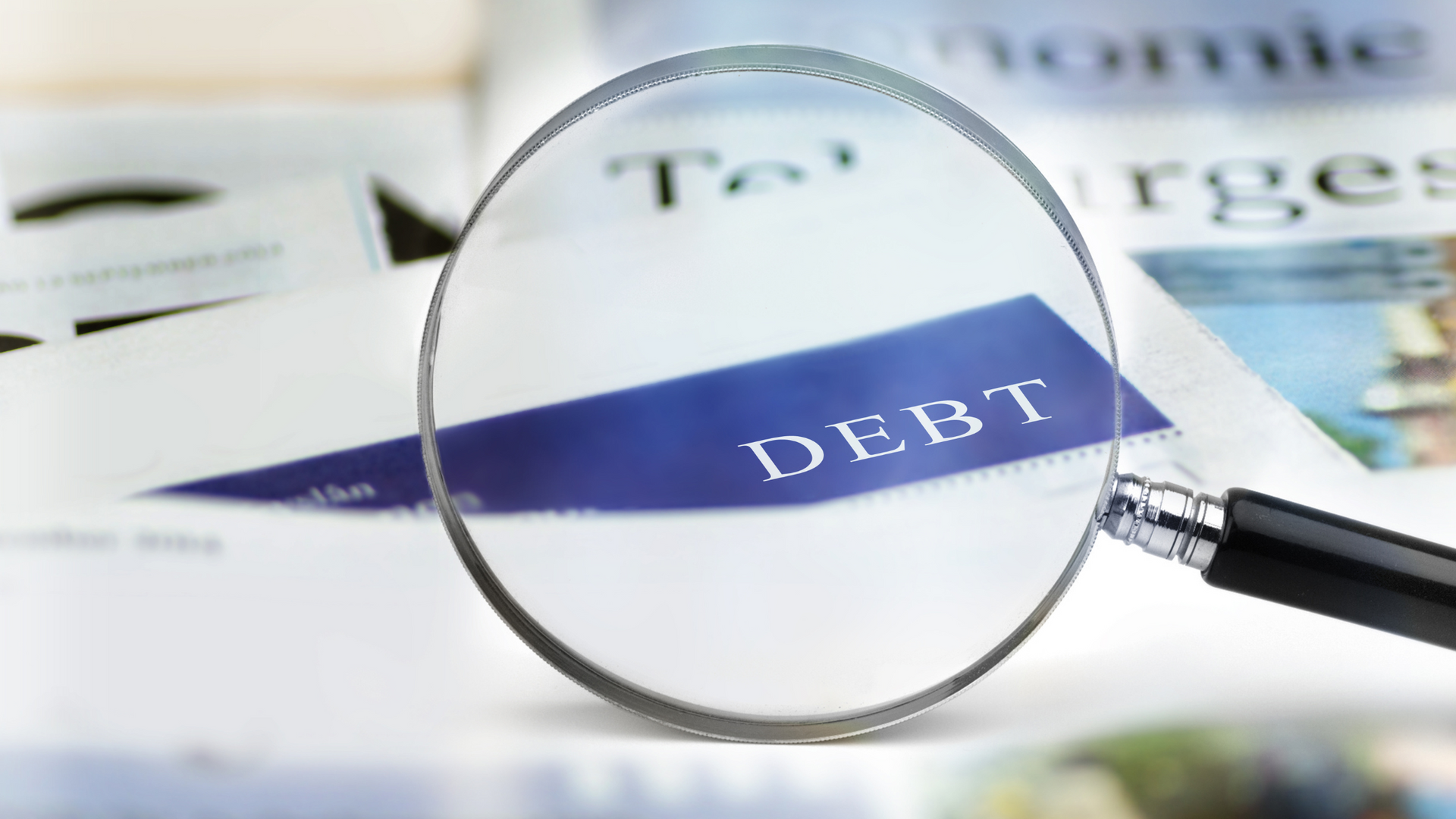Who Gets Audited in the First Place?
There is a range of tools that the ATO uses to decide who they should audit. If you think about it, the ATO’s goal is to maximize the amount of additional tax recovered per audit conducted – the goal is not just to do as many audits as possible. So the ATO needs some analytical tools to figure out how to target those small business taxpayers who are most likely to be under-reporting income. The simplest (and creepiest) tools the ATO uses are the basics of surveillance. As you probably know, there is a hotline that anybody can use to report tax cheats. Being reported on the “cheat line” – without more – is probably not sufficient to get you audited but it is likely to get you some unwanted scrutiny. The ATO itself also conducts surveillance on small business taxpayers. ATO personnel perform surreptitious field visits to small businesses to observe practical business conditions – how many customers are coming to your business, what is your retail pricing, and how many employees are working? Due to long experience and some pretty sophisticated software, you might be surprised at how well the ATO can guess your cost structure, your gross revenues and your net taxable income. Another interesting way that the ATO can profile “likely candidates” for an audit is through their “small business benchmarks” analysis. This method doesn’t require active surveillance but rather is based on comparing your business across a wide range of other small businesses. If your numbers “don’t look right,” you could be in line for an audit!
How to Survive an ATO Audit
If you do end up being one of the unlucky ones who gets audited, don’t despair. You will get through this if you remember a few key things. First – do not cheat, steal or lie! If you are running your business honestly, you are most of the way home. Taking shortcuts in business, as in life, never really pays off. Second, be organized and careful in your business processes. Substantiation is the name of the game in tax audits. Keep well-organized business records. Save receipts. Use generally accepted accounting practices. Not only does having good business processes make you safer in an audit, but it also improves your business and streamlines your life. Third, get professional assistance early. Better still, have a professional accountant all along the way. When you are on the wrong end of an ATO tax audit, your business accountant’s cool, professional counsel will be a real lifesaver!
We have long experience in helping small business customers “audit proof” their businesses. And we also have years of experience walking clients through ATO audits with a minimum of stress, delay and trouble. Come see us today and let’s talk it over!



